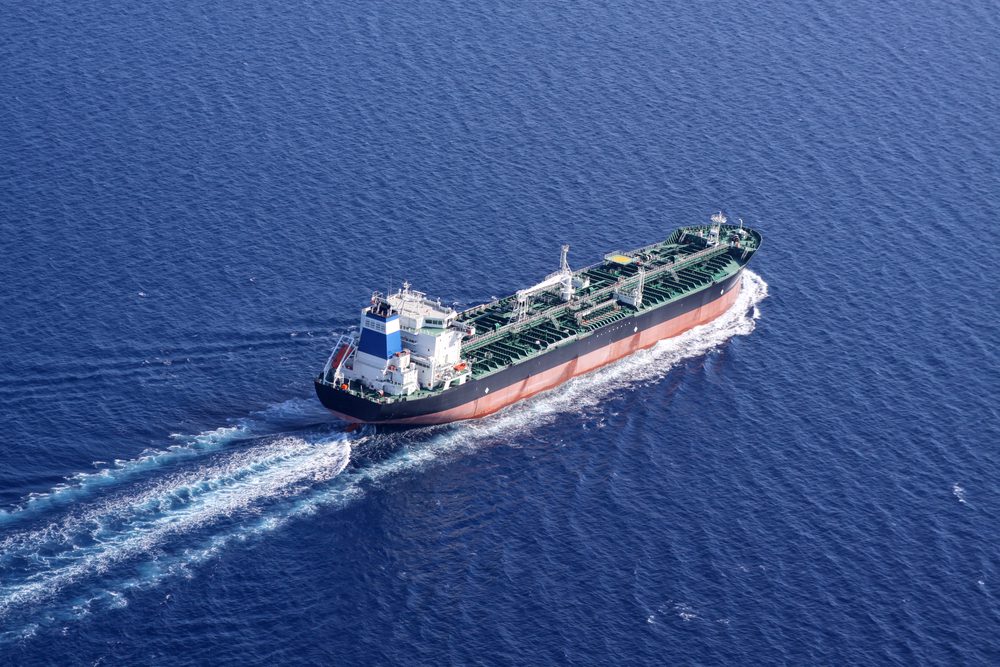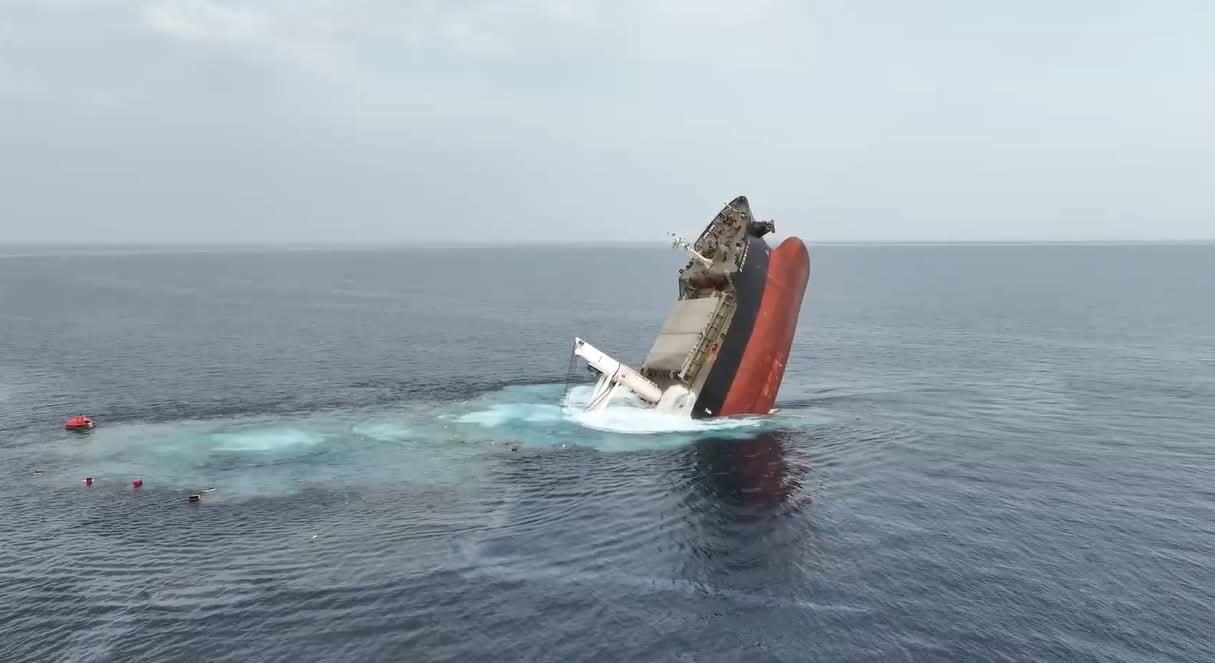Contracting of product tanker newbuilds has hit a 10-year high this year, but recycling of older ships and the impact of decarbonization regulations are likely to pose challenges for future fleet planning, according to BIMCO.
In the first eight months of 2023, 140 product tanker newbuilds were ordered totaling 10.72 million deadweight tonnes (DWT). This is the highest number of contracted DWT since 2013 and follows five years low contracting activity, culminating in December when the product tanker orderbook shrunk to the smallest since June 2001 at just 9.6 million DWT.
Lower levels of contracting has kept fleet growth at just 2.6% on average over the past five years, according to BIMCO. Deliveries are expected to remain low until 2025, at which point they are expected to exceed 8 million DWT for the first time since 2009, it says.
The recycling of ships will limit fleet growth, but the product tanker market is expected to remain strong until at least 2024. BIMCO says this will incentivize owners to keep ships in operation longer. Sanctions on Russian oil product exports have created new trades and also increased demand for older product tankers.
Nevertheless, BIMCO highlights that 9% of product tankers, equivalent to 11.65 million DWT and 6% of the total fleet, are over twenty years old and primed for recycling, especially considering stricter greenhouse gas emission targets.
Despite decarbonisation regulations, only 16% of ships in the order book are expected to use alternative fuel. BIMCO points out that the impact of decarbonization on demand must be considered when planning the future fleet, as transport fuel demand is projected to peak in 2026. Balancing fleet renewal for decarbonization targets with potential waning demand is a key challenge.

 Join The Club
Join The Club











